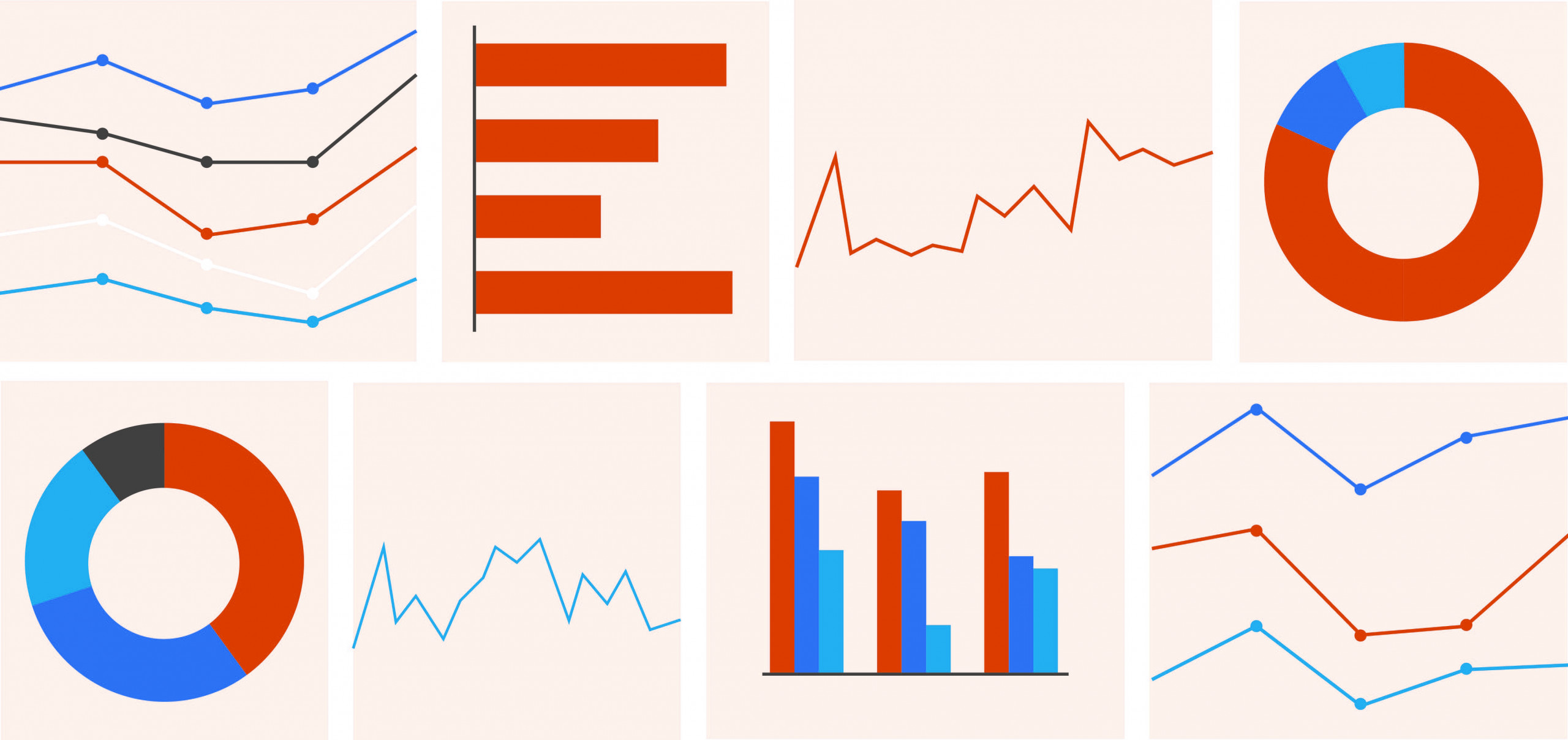Why is Analytics so Important?

Just trust your gut — a decision-making technique we’ve all used before. Like when you just had a feeling you should make that right turn. Or when you knew packing an umbrella was a good idea. Sometimes leaving things to chance is ok. But when it comes to decisions for your business, a gut feeling isn’t worth the risk.
As marketers, we prefer to rely on cold hard data. Because quality data is like having a GPS for your online marketing. Without it, you’re basically wandering the streets in the right neighborhood, but without an actual address.
Analytics gives you the power to make better decisions, identify new opportunities, and improve your ROI. Today, this data is more important than ever. And everyone is realizing it… By 2025, the global marketing analytics market is expected to reach $5.52 billion (Verified Market Research).
So let’s dive a little deeper into why analytics is so important to your marketing strategy and how to get started taking advantage of the benefits.
What is Analytics?
Marketing analytics is the practice of measuring, managing, and analyzing marketing performance to maximize efficiency and optimize return on investment. It gives you an unbiased lens into your marketing efforts so you can make better use of your marketing dollars.
The Age of Analytics
In the past, marketing really was a go-with-your-gut practice. The only real way to find out where a lead came from was if you asked the person themselves. So when deciding between a radio spot, a billboard, or a newspaper ad, you and your gut were kinda on your own.
When the world started going digital, tracking leads became a lot easier. You can track a users’ journey throughout your website, add pixels to see what platforms they came from, or get them to sign up for your newsletter right within the ad you run. And even more recently, as more of the consumer journey takes place online and user experiences continue to reach new heights, this practice has never been more telling or more valuable.
According to Forbes, companies that don’t make data-driven decisions in marketing and sales are losing a 15-50% increase in marketing ROI. Businesses are using analytics to understand why previous strategies have or haven’t worked, learn their customer behaviors and interests, and predict tactics will have the best ROI in the future.
What Can I Use Analytics For?
The short answer is everything. But here are some examples:
- Industry Trends
Monitoring changes in keyword frequency to identify and predict trends in customer behavior across your industry.
- Customer Experience
Understand the paint points of your customers, what content on your site is or isn’t resonating with them, and where you can add more support.
- Product Designs
Utilizing keywords to discover what features or solutions your customers are looking for in your products or services. - Campaign
Evaluating past performances and/or A&B testing to gauge what visuals or content resonates with customers and drives action.
Here’s a helpful tip: focus on these sections when gathering data: Audience, Acquisition, and Behavior.
Within tools like Google Analytics, Audience will tell you a lot about the type of people visiting your site; gender, age, location, as well as their interests and devices. Acquisition will reveal detailed information into how people are arriving at your site; ie. search engine, social media, external link, etc. Lastly, Behavior will help you understand how people are interacting with your site from what page they stay on the longest to what content they click the most, helping you know how to maximize their engagement moving forward.
Getting Started
With the advertising landscape changing so often and so fast, you can’t assume that whatever got you great results last time will do it again, and again. While there are plenty of tools out there to help you gather this data, turning these numbers into a real game plan may be a little trickier. That’s where we come in. shyft can help you unlock your data into actionable go-to-market strategies. By connecting your business goals to meaningful insights you can make decisions with a higher chance of success compared to those made with your gut. Contact us to learn more about your analytics and review your strategy today.
Recent Posts:

